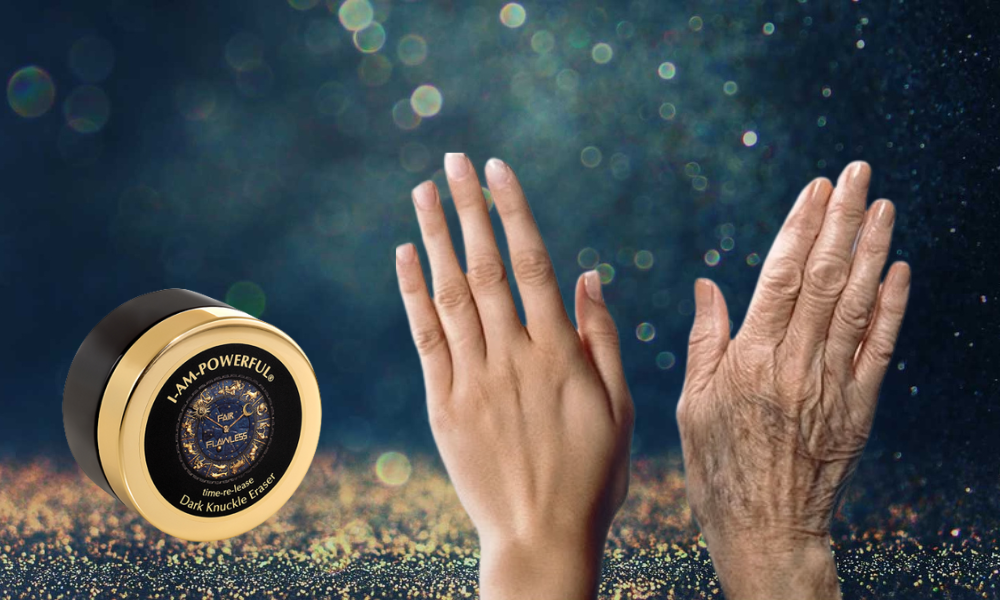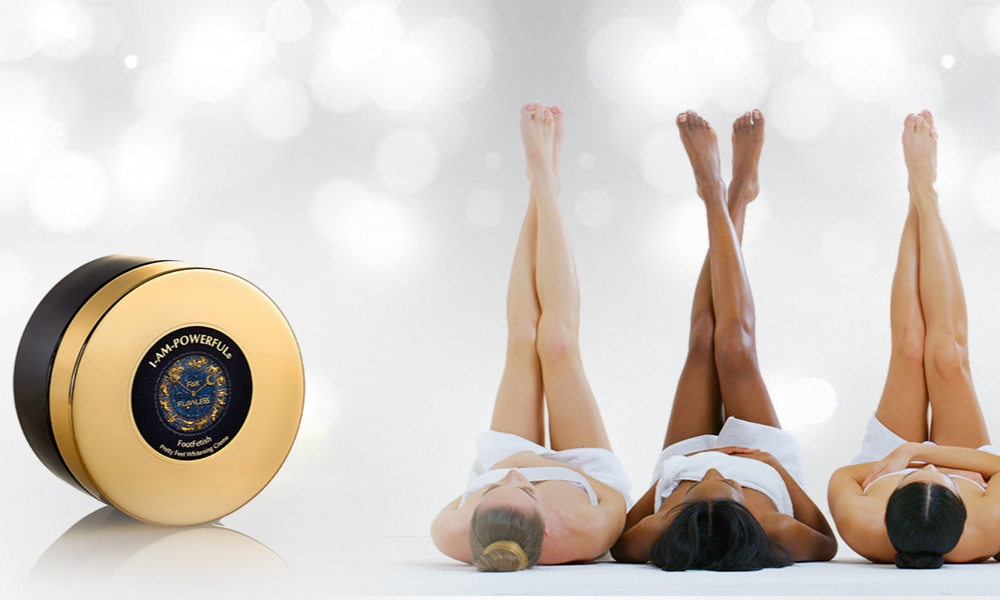Four Myths About Treating Melasma
Patches of darkened, discolored skin showing up on your face? Say hello to melasma. There’s no doubt that this skin condition can cause you much frustration and zap your confidence, but if you’re buying into the myths surrounding its treatment you’re making things worse - and missing out on a chance to efficiently clear it for good. Here are four melasma myths to lose along with better treatment options so you can face the world with a beautiful, clear complexion this summer.

Myth 1: Melasma is Always a Deeper Skin Problem
Although melasma can erupt from hormones and is commonly experienced during pregnancy, sometimes it can be as a result of too much UV exposure. Now that it’s summer you might find yourself spending more time under the sun, with the result that melasma can either be triggered or exacerbated. UV rays from the sun encourage melanocytes to grow - these are cells producing pigment - so it’s vital to cover up as much as possible when you’re in the sun with hats and scarfs, and to wear a quality broad spectrum sun cream that will block the rays whenever you step outside or spend time in the car as the UV rays can reach you without you even realizing it.
Myth 2: Hydroquinone Must Be Used to Eliminate Melasma
Anyone will feel stressed at facing stubborn melasma, but this shouldn’t cause you to try hydroquinone. Although it is considered to be a topical agent that is successful when treating discoloration and pigment, it is also a harmful chemical that can actually lead to worse pigment issues, largely because it can make your skin much more sensitive to the sun. Hydroquinone is also a possible carcinogen, with animal studies revealing that it has been linked to cancer.

There are other, more natural ways to treat melasma without resorting to hydroquinone. These include the use of azelaic acid, glycolic acid, and natural pigment-fighting ingredients, such as lemon, liquorice and kojic acid. Using natural skin lightening creams containing such ingredients is safer while being just as effective as hydroquinone.
Myth 3: One Treatment Method is Always Enough
Since melasma is sometimes stubborn and can be a result of various factors, such as hormones and/or UV exposure, relying on only one treatment is not always going to be sufficient. You should consider a few methods to treat your melasma, such as wearing sunscreen religiously, using a natural skin lightening cream, and regularly exfoliating your skin which gets rid of dead skin cells on the surface where pigment accumulates.
A way in which to increase the efficiency of combination treatments is by choosing a skin brightening cream that also contains exfoliating properties. This is a smart way to multitask with your treatments and allow your skin to benefit from the combination of various pigment-fighting ingredients. For instance, a blend of kojic acid and lactic acid exfoliates your skin so that it’s not only lighter and more radiant but also more youthful.
Myth 4: Once Melasma is Eliminated, it is Gone for Good
The unfortunate truth is that melasma can re-occur, which is why it is vital to maintain healthy skin so as to prevent it from returning for a sequel. Again, one of the most important things you can do is protect your skin from the sun. Continuing to use skin bleaching products with melanin-fighting ingredients will also maintain results on your skin.
Eating correctly can also help to keep pigmentation at bay, especially since sometimes the cause of melasma can be due to a lack of nutrients such as folate. This nutrient, found in citrus fruits, leafy green vegetables, and whole grains, can lead to pigmentation when it is lacking. Women tend to experience a drop in folate when they’re on contraceptive pills or during pregnancy, further revealing the link between hormones and pigmentation.

Melasma doesn’t have to call to mind mysterious, complicated treatments. By removing the myths from the equation, you can ensure that you start a healthy skin plan that will help to eliminate melasma and prevent pigmentation woes from ruining your summer.










